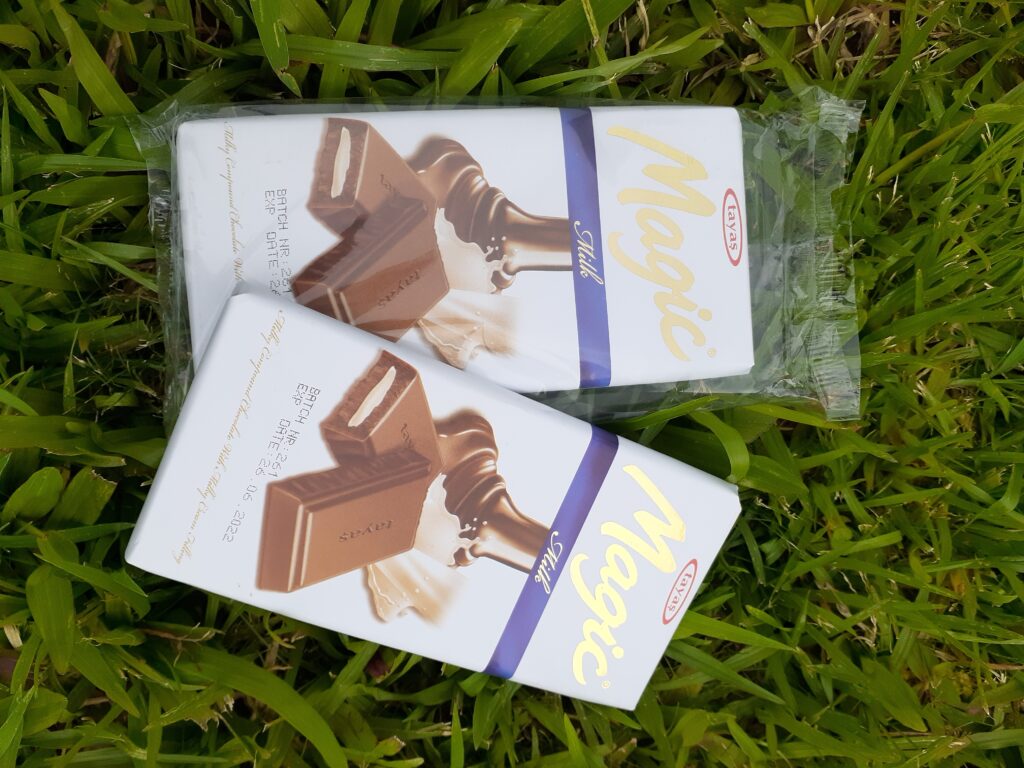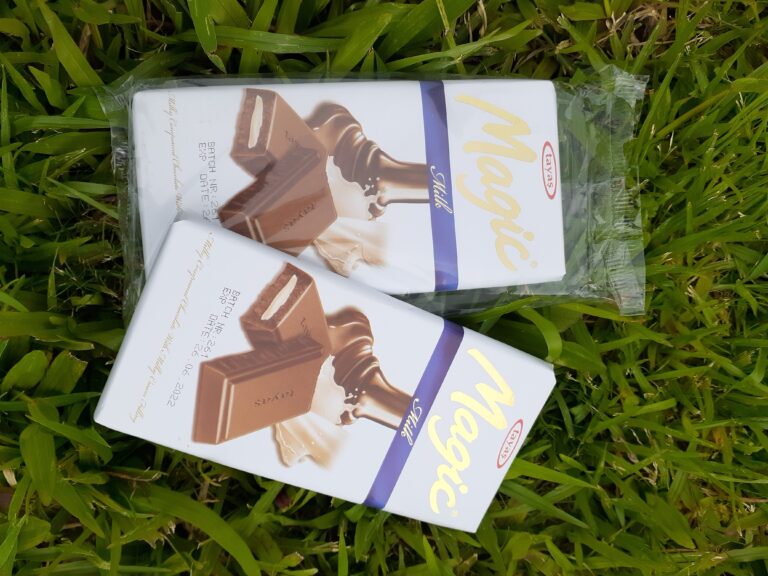ParagraphMore Styles
Chocolate is a beloved treat that has been enjoyed for centuries. However, how chocolate brands are managed and marketed has changed significantly in recent years, thanks to the rise of the digital age. This article will explore the evolution of chocolate brand management and marketing and how chocolate companies adapt to the new landscape.
The Changing Chocolate Market
The chocolate market has seen significant changes in recent years. For one, there has been an increased interest in high-quality chocolate, with consumers becoming more discerning in their tastes. This has led to a rise in artisanal and premium chocolate brands, gaining a significant following. Additionally, there has been a growing awareness of ethical and sustainable chocolate production, with consumers increasingly seeking chocolate brands that prioritize fair trade and environmentally responsible practices.

The Rise of Digital Marketing
The digital age has transformed the way that chocolate brands market themselves. With the rise of social media, brands have more avenues to connect with consumers and build their online presence. Instagram, for example, has become a popular platform for chocolate companies to showcase their products and connect with customers. Brands are also leveraging influencer marketing to reach new audiences and gain credibility. This involves partnering with social media influencers with large followings to promote their products and reach new audiences.
Personalization and Customization
Personalization and customization are becoming increasingly important in the chocolate industry. Consumers are seeking unique and personalized chocolate experiences, and brands are responding by offering a range of options to customize their products. For example, some brands allow customers to choose the ingredients that go into their chocolate bars, while others offer customized packaging options. This trend is also seen in the growing popularity of chocolate subscription boxes, which provide customers with a personalized selection of chocolates each month.

The Importance of Storytelling
Storytelling is an essential part of chocolate brand management and marketing. Brands tell stories about their products, origins, and values to connect with consumers on a deeper level. For example, some brands emphasize their commitment to sustainability and ethical production, while others share the unique stories behind their chocolate recipes. By creating compelling narratives, chocolate brands can build a loyal customer base and differentiate themselves from competitors.
Embracing Technology
Technology is also increasingly important in chocolate brand management and marketing. Brands use data analytics to understand their customers and improve their marketing strategies. They are also embracing new technologies, such as augmented and virtual reality, to create immersive and interactive customer experiences. For example, some brands use augmented reality to allow customers to “try on” different flavors or create chocolate bar designs.
The Future of Chocolate Brand Management and Marketing
As the chocolate industry evolves, we expect continued innovation and transformation in brand management and marketing. The rise of artificial intelligence and machine learning will enable brands to understand their customers better and personalize their marketing strategies. We can also expect continued growth in the premium chocolate market as consumers seek high-quality and unique chocolate experiences.
Conclusion
Chocolate brand management and marketing have come a long way in the digital age. Brands leverage new technologies and strategies to connect with consumers and create unique, personalized experiences. As the industry continues to evolve, we expect to see continued innovation and transformation in how chocolate brands are managed and marketed. By staying on top of these trends, brands can build a loyal customer base and succeed in the competitive chocolate market.
FAQ’s
Q: How has the chocolate market changed in recent years? A: The chocolate market has seen a rise in premium and artisanal chocolate brands and a growing interest in ethical and sustainable chocolate production.
Q: What role does digital marketing play in chocolate brand management? A: Digital marketing has become increasingly crucial for chocolate brands to connect with consumers, mainly through social media and influencer marketing.
Q: Why are personalization and customization important in the chocolate industry? A: Consumers are seeking unique and personalized chocolate experiences, and brands are responding by offering a range of customization options for their products.
Q: How do chocolate brands use storytelling in their marketing strategies? A: Chocolate brands use storytelling to create compelling narratives about their products, origins, and values to connect with consumers on a deeper level.
Q: What technologies are chocolate brands using in their marketing strategies? A: Chocolate brands use data analytics, augmented reality, and virtual reality to create immersive and interactive customer experiences.
Q: What does the future hold for chocolate brand management and marketing? A: The industry is expected to continue to evolve and transform, with continued growth in the premium chocolate market and the rise of artificial intelligence and machine learning in marketing strategies.
